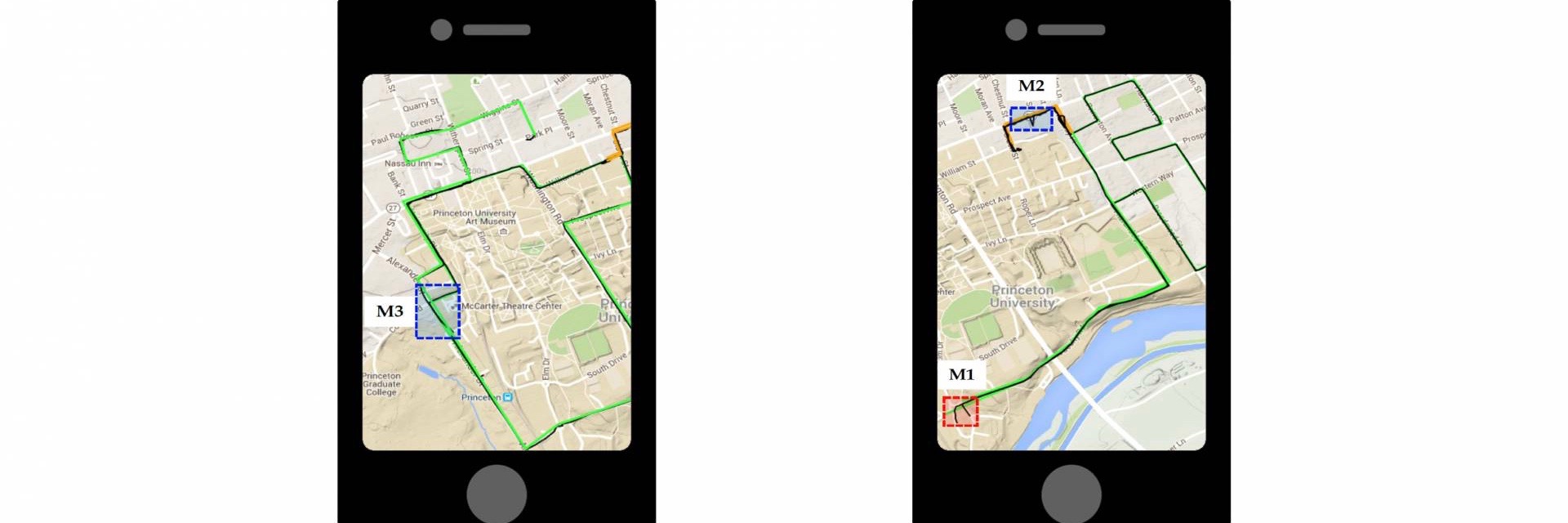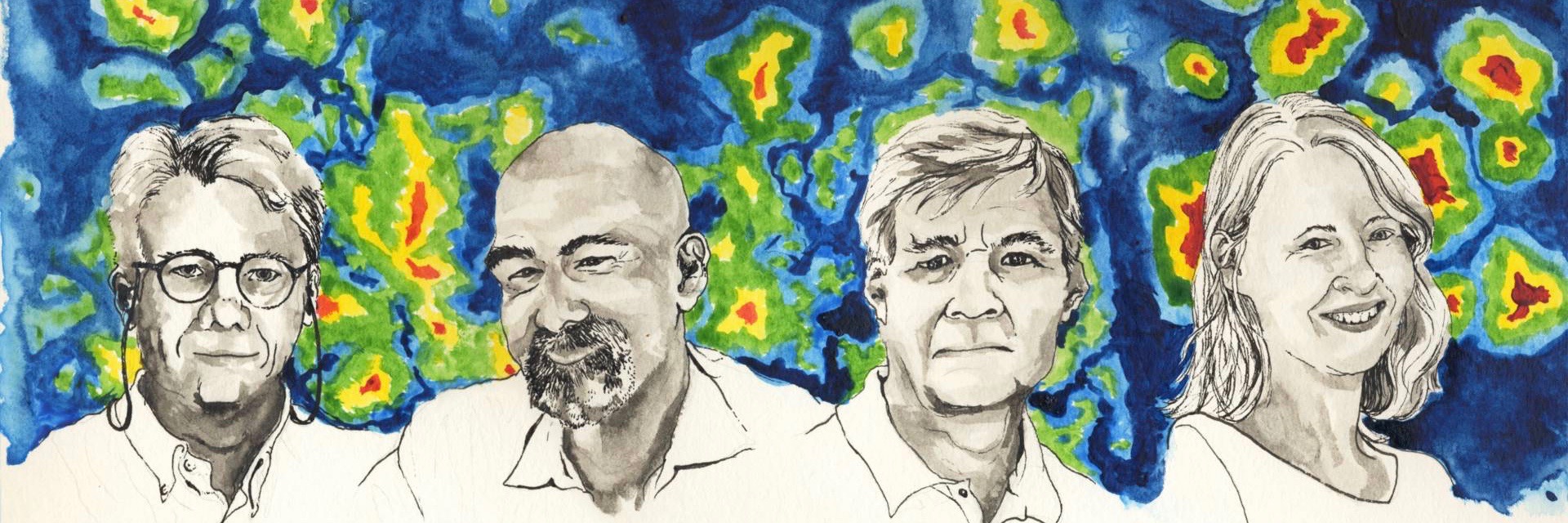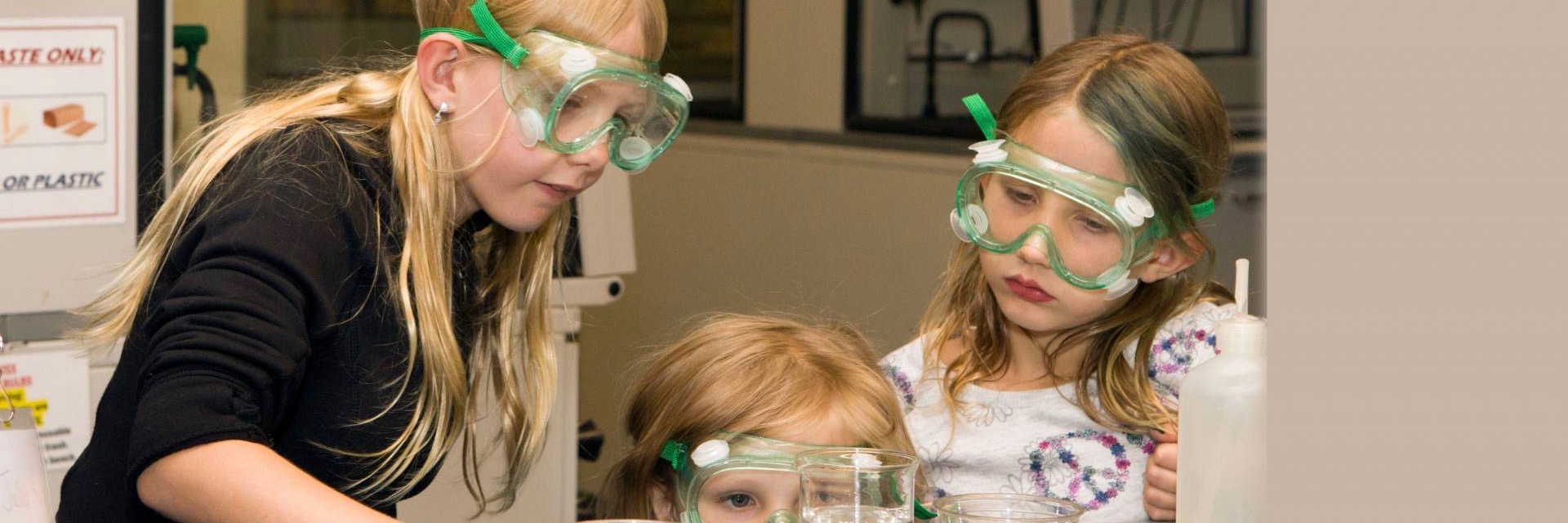 For anyone who has marveled at the richly colored layers in a café latte, you’re not alone. Princeton researchers, likewise intrigued, have now revealed how this tiered structure develops when espresso is poured into hot milk.
For anyone who has marveled at the richly colored layers in a café latte, you’re not alone. Princeton researchers, likewise intrigued, have now revealed how this tiered structure develops when espresso is poured into hot milk.
Category Archives: Uncategorized
A new weapon against bone metastasis? Princeton lab develops antibody to fight cancer
 In the ongoing battle between cancer and modern medicine, some therapeutic agents, while effective, can bring undesirable or even dangerous side effects. “Chemo saves lives and improves survival, but it could work much better if you eliminate unwanted side effects from it,” said Princeton University cancer researcher Yibin Kang.
In the ongoing battle between cancer and modern medicine, some therapeutic agents, while effective, can bring undesirable or even dangerous side effects. “Chemo saves lives and improves survival, but it could work much better if you eliminate unwanted side effects from it,” said Princeton University cancer researcher Yibin Kang.
Dark side of the moon: Motorcycle deaths linked to full moons
Print Phones vulnerable to location tracking even when GPS services off
Princeton issues planning framework to guide campus development
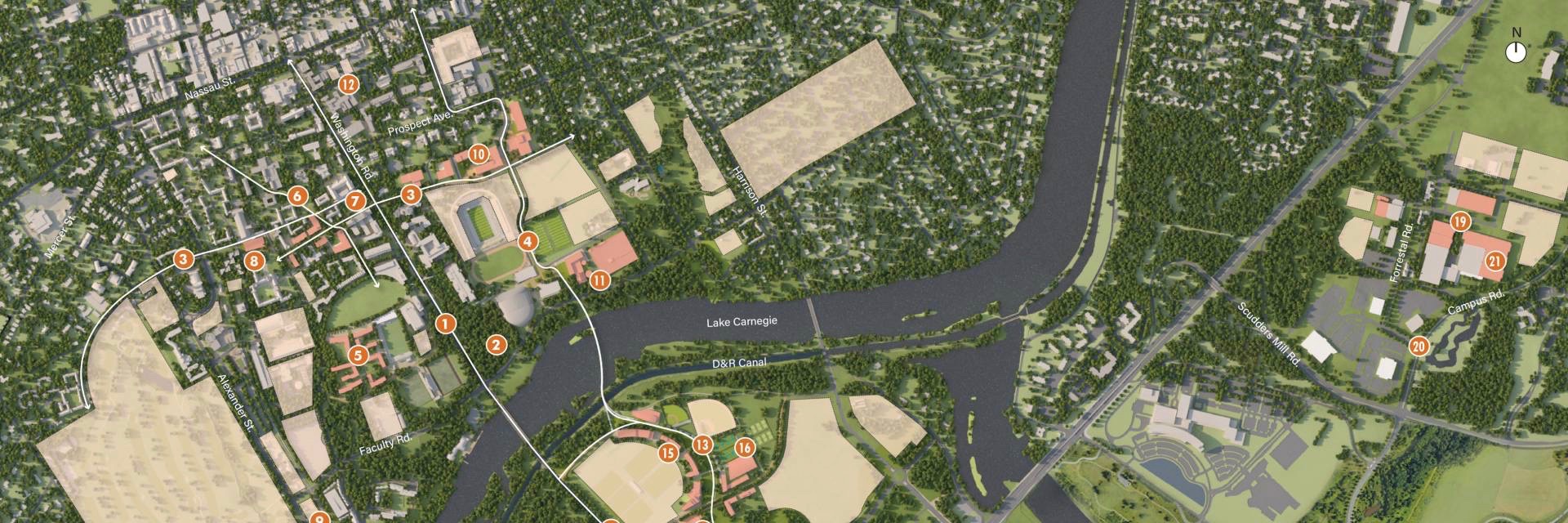 Princeton University has issued a planning framework to guide campus development over the next 10 years in the context of potential needs and developments over the next 30 years.
Princeton University has issued a planning framework to guide campus development over the next 10 years in the context of potential needs and developments over the next 30 years.
Scientists reduce the chances of life on exoplanets in so-called habitable zones around red stars
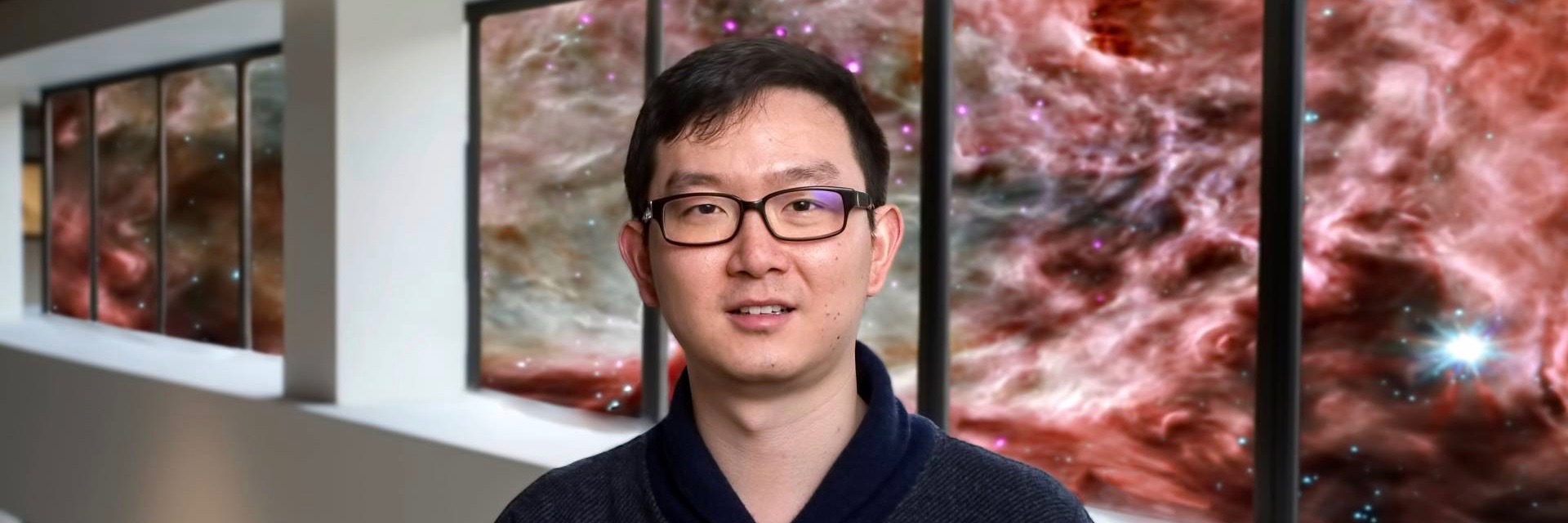 Is there life beyond Earth in the cosmos? Astronomers looking for signs have found that our Milky Way galaxy teems with exoplanets, some with conditions that could be right for extraterrestrial life. Such worlds orbit stars in so-called “habitable zones,” regions where planets could hold liquid water that is necessary for life as we know it.
Is there life beyond Earth in the cosmos? Astronomers looking for signs have found that our Milky Way galaxy teems with exoplanets, some with conditions that could be right for extraterrestrial life. Such worlds orbit stars in so-called “habitable zones,” regions where planets could hold liquid water that is necessary for life as we know it.
Senior Rajasekar awarded Marshall Scholarship for graduate study in the UK
 Princeton senior Shruthi Rajasekar has been named a 2018 Marshall Scholar. The Marshall Scholarship seeks to promote strong relations between the United Kingdom and the United States by offering intellectually distinguished young Americans the opportunity to develop their abilities as future leaders. The scholarship covers the cost of two years of graduate study in the UK at a university of the recipient’s choice.
Princeton senior Shruthi Rajasekar has been named a 2018 Marshall Scholar. The Marshall Scholarship seeks to promote strong relations between the United Kingdom and the United States by offering intellectually distinguished young Americans the opportunity to develop their abilities as future leaders. The scholarship covers the cost of two years of graduate study in the UK at a university of the recipient’s choice.
Princeton scientists share Breakthrough Prize for mapping the early universe
Sarah-Jane Leslie named dean of the Graduate School at Princeton
Societal benefits of research on display at Celebrate Princeton Invention
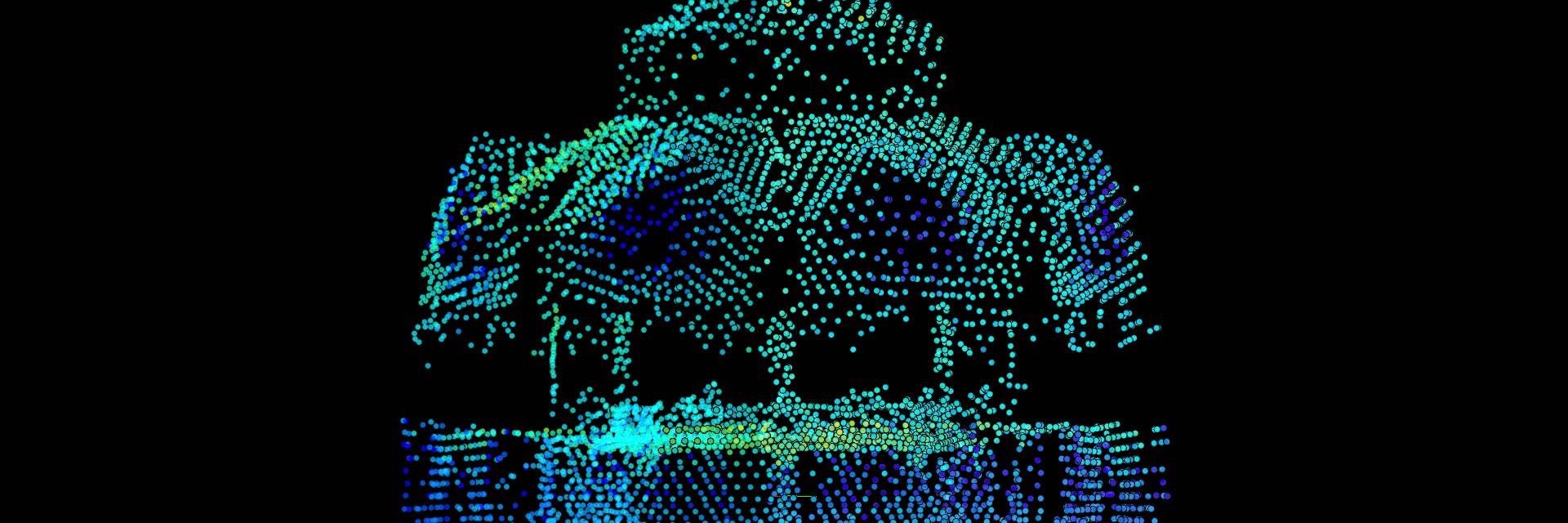 A sensor that measures surface temperatures to improve indoor heating and cooling was one of several inventions on display last week at Princeton’s annual Celebrate Princeton Invention reception.
A sensor that measures surface temperatures to improve indoor heating and cooling was one of several inventions on display last week at Princeton’s annual Celebrate Princeton Invention reception.
Princeton and Slavery Symposium explores U.S. history ‘writ small,’ reveals ‘powerful and fruitful’ research
Princeton dedicates Morrison Hall in honor of Nobel laureate and emeritus faculty member Toni Morrison
Share on Facebook Share on Twitter Share on LinkedIn Email Print Brent Colburn named Princeton vice president for communications and public affairs
 Brent Colburn, a former senior communications and public affairs official at several cabinet-level federal agencies and currently the vice president for communications at the Chan Zuckerberg Initiative, has been named Princeton University’s vice president for communications and public affairs, effective Feb. 1.
Brent Colburn, a former senior communications and public affairs official at several cabinet-level federal agencies and currently the vice president for communications at the Chan Zuckerberg Initiative, has been named Princeton University’s vice president for communications and public affairs, effective Feb. 1.
Share on Facebook Share on Twitter Share on LinkedIn Email Print New leadership initiative for students focuses on civil discourse and citizenship engagement
Princeton chemists share science with local kids at ‘Chemistry Rocks!’
Princeton senior Jordan Thomas awarded Rhodes Scholarship
Study of Darwin’s finches reveals that new species can develop in as little as two generations
A new study by Princeton researchers illustrates how new species can arise in as little as two generations. The study tracked Darwin’s finches on the Galápagos island of Daphne Major, where a member of the G. conirostris species (pictured) arrived from a distant island and mated with a resident finch of the species G. fortis.
LEDs light the way for better drug therapies
Fragile Families Challenge uses ‘big data’ to answer big questions
 What would happen if hundreds of social scientists and data scientists worked together on a scientific challenge to improve the lives of disadvantaged children in the United States? The Fragile Families Challenge, an ongoing mass research collaboration that uses “big data” collected as part of Princeton University’s Fragile Families and Child Wellbeing Study, is attempting to answer just that.
What would happen if hundreds of social scientists and data scientists worked together on a scientific challenge to improve the lives of disadvantaged children in the United States? The Fragile Families Challenge, an ongoing mass research collaboration that uses “big data” collected as part of Princeton University’s Fragile Families and Child Wellbeing Study, is attempting to answer just that.


